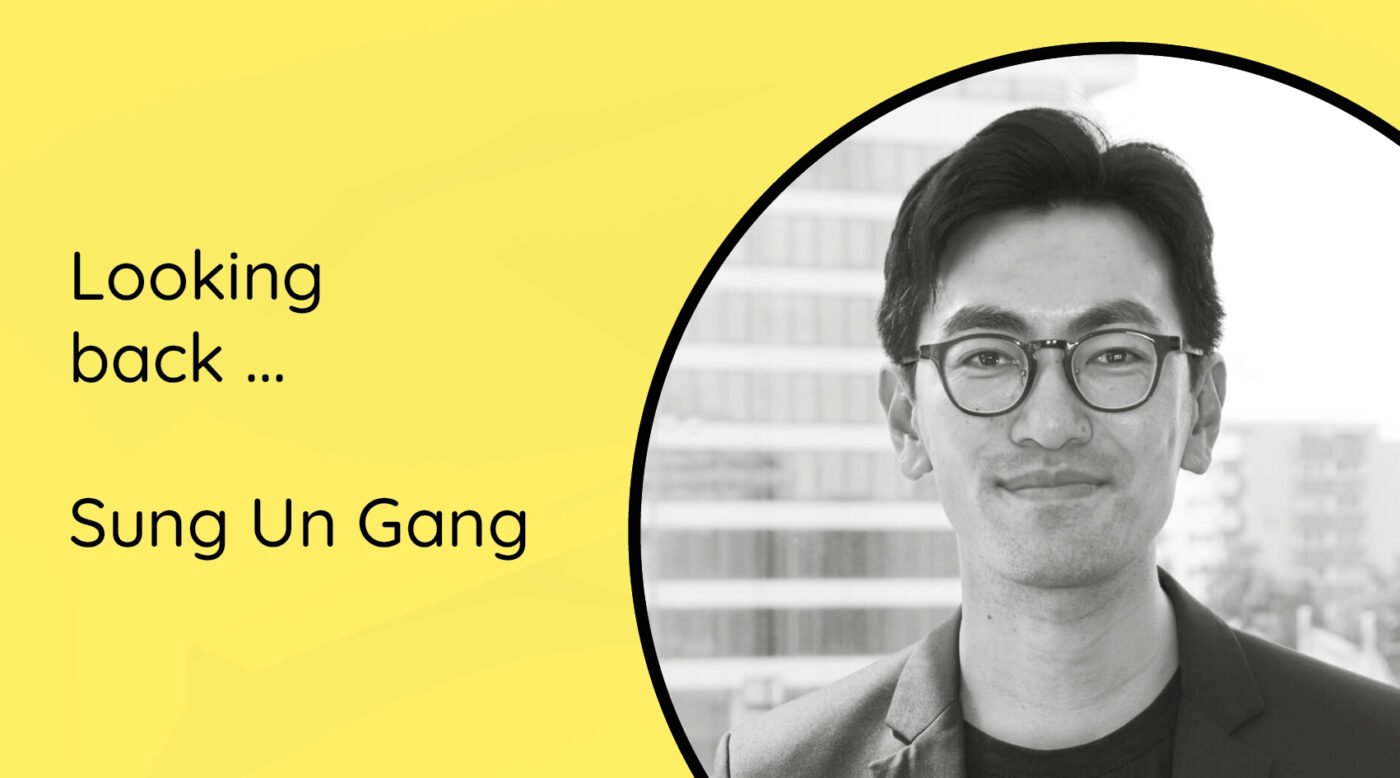
Looking back with Postdoc Sung Un Gang
LolMyPaper. If I had to summarize my latest article in a nutshell, I would say: Queer individuals in South Korea keep their bars, clubs, and event sites well-separated from unwanted visitors through visible and invisible thresholds – both on- and offline.
(Gang, S. U., Löw, M., Song, A., & Stollmann, J. (2025). Can You Pass? Thresholds of Queer Cultural Spaces in Seoul. Space and Culture, 0(0). https://doi.org/10.1177/12063312251363066).
It’s all about that space. The CRC concept that does the most heavy lifting in my work is “multiple spatialities”. Queer spaces in Seoul are not only physically manifested but also situated, ephemeral, flexible, and highly context-dependent, even more so in light of the availability of high-speed mobile internet.
Looking back, the advice I would give my past self just starting on an academic career is this: Do more sports.
A day in a life. I often work from home, still maintaining a 9:30 to 6:30 schedule. I walk our dog three times a day, read and write lots of emails, and do endless reading and writing for my research.
It’s all about the spatial arrangement. My ideal writing setting is a small, cozy office with a height-adjustable desk, a firm chair, a raised monitor, an ergonomic keyboard, and a whiteboard.
When you know, you know. What was the most surprising thing about doing a PhD and a Postdoc? PhD: At one point, everything starts to fit together and it all make sense.
Postdoc: There is so much paperwork to do!
Back to the future. If I were to give advice to new researchers starting out in the next phase of the CRC, I would say: Give yourself a year to get used to all the theoretical concepts and background – they will eventually grow on you. Also, make sure to have lunch at Seoul Garden on Knesebeckstraße!
Author Bio:
Sung Un Gang, Dr., is a scholar of media and cultural studies at the Institute of Architecture, Technische Universität Berlin. As a research associate at the CRC 1265 “Re-Figuration of Spaces”, he investigates the everyday spaces and digital communication practices of queer inhabitants in Seoul, South Korea. His main research areas include queer and intersectional feminism, urban culture and space, and postcolonial historiography.


